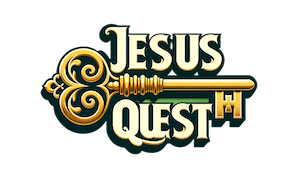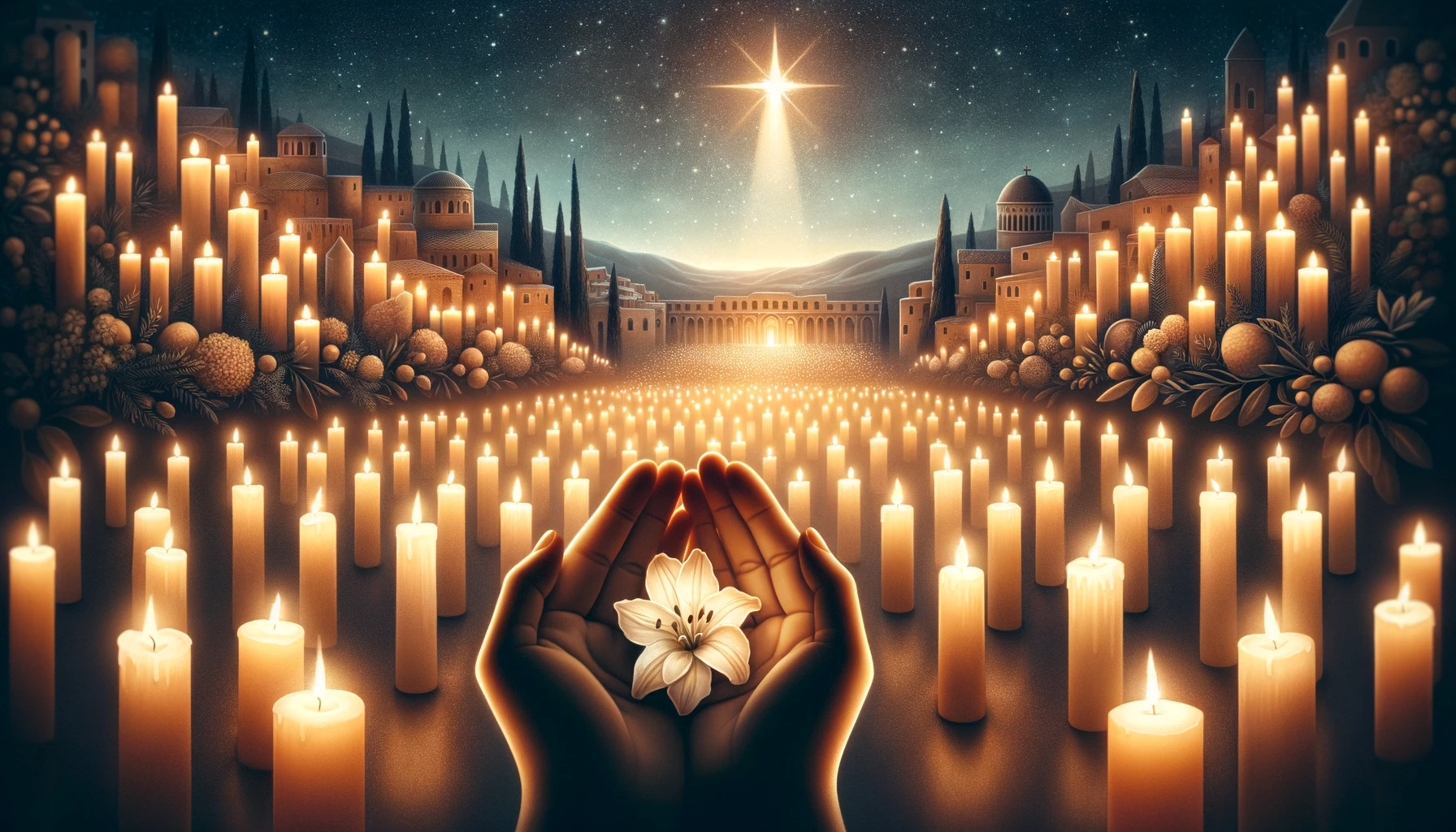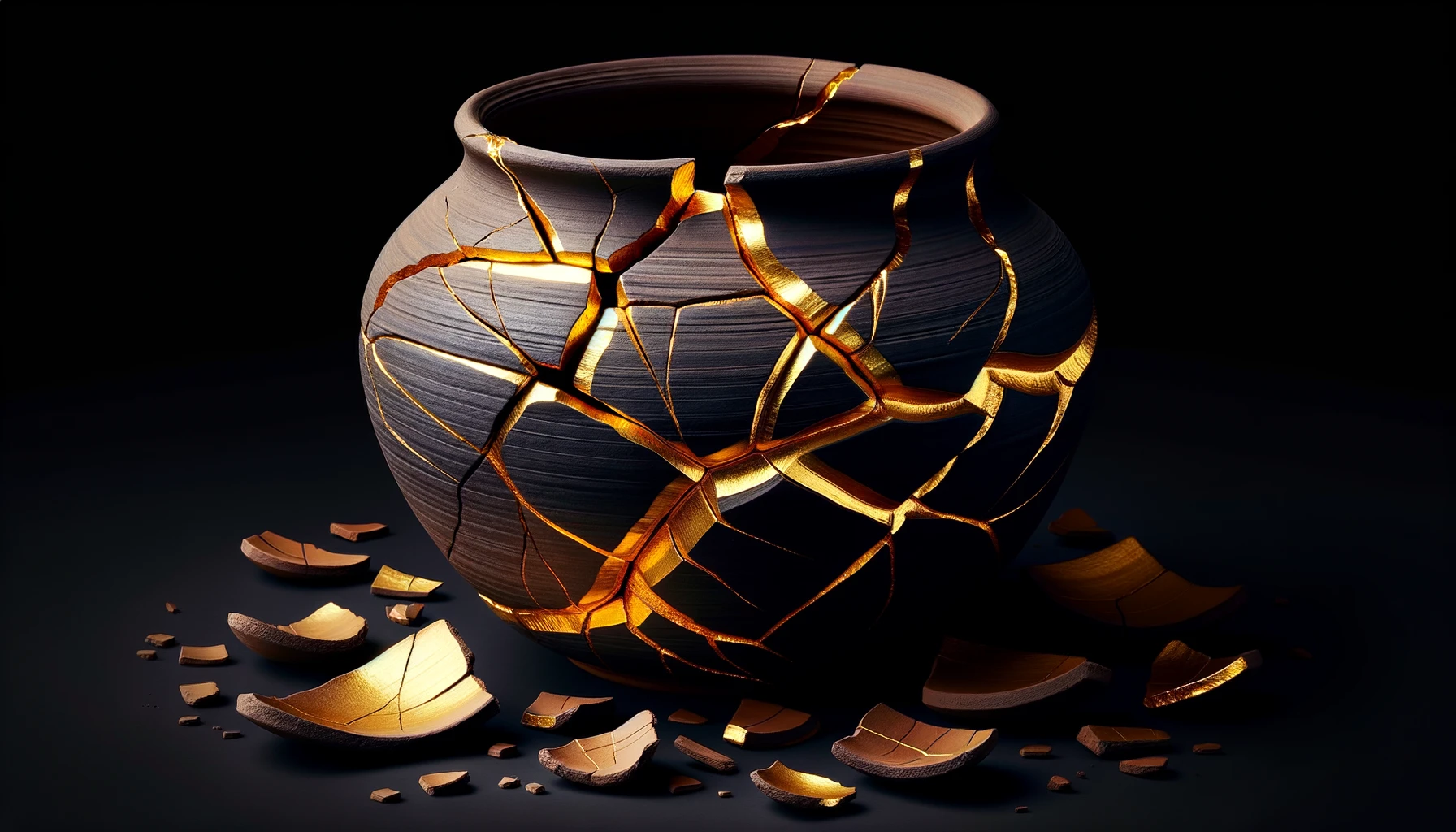We’ve turned Halloween into a spiritual panic button.
Costumes are demonic. Candy is compromise. A plastic skeleton becomes evidence that your neighbor is in the occult.
And in our rush to protect Christianity from paganism, we forgot what the night was actually for.
All Hallows’ Eve. The vigil before All Saints’ Day. The night before we remember the faithful who came before us — the church triumphant, the cloud of witnesses, the believers whose lives still speak even though their voices have gone silent.
We lost it. Not to secularism. Not to witchcraft. We lost it to fear.
The Church Used to Remember Its Dead
November 1st wasn’t invented in a vacuum.
For centuries, believers set aside this day to honor the faithful departed. Not just the famous ones — the apostles and martyrs whose names made it into history books — but all of them. The grandmother who prayed when no one was watching. The farmer who shared his harvest with the hungry. The woman who forgave when bitterness would have been easier.
The saints weren’t superhumans. They were ordinary people who chose love when hate was simpler. Who stood up when sitting down was safer. Who believed that mercy mattered more than being right.
All Saints’ Day was the church saying: These lives meant something. These deaths weren’t the end. We remember because love doesn’t stop at the grave.
It wasn’t morbid. It was defiant.
Death is real. Grief is real. But so is resurrection. So is the promise that those who die in Christ are not lost — they’re alive, known, held by a God who doesn’t forget His own.
Paul wrote about it. The great cloud of witnesses. The communion of saints. The family of faith that transcends time and death itself.
And All Hallows’ Eve was the night before. The vigil. The preparation. The moment believers paused to ready their hearts for remembering.
It was sacred. But, like so many things, we turned it into a culture war.
What the Celts Understood
Long before the church formalized All Saints’ Day, the Celts observed Samhain.
The end of harvest. The beginning of winter. The time when they believed the boundary between the living and the dead grew thin.
Not because the dead were dangerous. Because they were close. Still part of the story. Still worth honoring.
They lit bonfires to guide spirits home. They set out food for ancestors. They told stories. They wore disguises — not to mock death, but to acknowledge it. To say: We see you. We remember. You are not erased.
It wasn’t devil worship. It was grief. It was memory. It was the deeply human need to believe that death doesn’t get the final word.
When Christianity spread through Celtic lands, it didn’t erase Samhain. It redeemed it.
The church said: Yes. Honor the dead. But remember this — death is not the end. The faithful who came before are not lost. They are part of the body of Christ, the church triumphant, the family that transcends time and death itself.
All Saints’ Day became the Christian answer to an ancient human ache. And All Hallows’ Eve became the vigil that prepared hearts to remember.
This wasn’t compromise. It was incarnation. The gospel meeting people where they were and saying: What you long for is true. Death is not the victor. Christ is.
The Witnesses We Stopped Talking About
Perpetua was twenty-two when they arrested her.
A new mother. Wealthy. Educated. She could have renounced her faith and gone home to her child. Instead, she walked into the arena in Carthage, faced the beasts, and refused to let fear win.
Her last words, recorded by those who witnessed: “Stand fast in the faith, and love one another.”
She died believing love was worth more than survival.
Dietrich Bonhoeffer was a German pastor who could have stayed safe in America.
Instead, he returned to Nazi Germany. He spoke against Hitler. He joined the resistance. He knew it would cost him everything.
They executed him three weeks before the war ended. His last words: “This is the end — for me, the beginning of life.”
He died believing truth was worth more than safety.
Corrie ten Boom hid Jews in her home during the Holocaust.
The Nazis sent her to Ravensbrück. She watched her sister die there. And when she was finally released, she spent the rest of her life teaching forgiveness — even to the guards who had tortured her.
She lived believing mercy was stronger than hate.
These are the people All Saints’ Day was meant to honor. Not because they were perfect. Because they were faithful. Because they believed love was worth dying for.
And All Hallows’ Eve was the night we prepared to hear their stories. To let their courage challenge our comfort. To ask ourselves what we’re willing to risk for the gospel.
We Traded Memory for Moralism
Somewhere along the way, American Christianity stopped remembering the faithful departed.
We stopped telling the stories of believers who loved recklessly and died faithfully. We stopped sitting with the mystery of death and resurrection that sits at the very center of our faith.
And we replaced it with fear.
Fear of anything that felt too old. Too connected to history and tradition and the messy reality of death. Fear of mystery. Fear of grief. Fear of acknowledging that death is real and painful and not something we can pray away with the right words.
We decided that honoring the dead was somehow dangerous. That remembering was suspicious. That sitting with loss meant we didn’t have enough faith.
So we sanitized it. We turned All Hallows’ Eve into a referendum on spiritual warfare. We banned costumes or rebranded them. We swapped out pumpkins for hay bales and called it holiness.
We threw out the substance and leaned into fear and panic.
And in doing so, we lost one of the most beautiful, most human, most deeply Christian practices the church ever created.
Death Isn’t the Scandal
Jesus didn’t avoid death. He walked into it.
He wept at Lazarus’ tomb. He sweat blood in Gethsemane. He cried out on the cross, asking why God had forsaken Him.
He didn’t pretend death was easy. He didn’t spiritualize the pain. He didn’t offer platitudes about better places or mysterious plans.
He grieved. Fully. Honestly. Without shame.
And then He rose.
The resurrection wasn’t about escaping death. It was about transforming it. About saying that death is real, but it’s not final. That grief is valid, but it’s not hopeless. That those who die in Christ are not gone — they are alive in Him, part of the church triumphant, the great cloud of witnesses cheering us on.
All Saints’ Day was the church’s way of living that truth. Of saying: We remember the dead because death does not have the last word. We honor the faithful because their lives still speak. We tell their stories because the light always wins.
And All Hallows’ Eve was the night we prepared our hearts to say it.
What We Could Reclaim
Imagine if we stopped being afraid of Halloween and started remembering what it was for.
Imagine if November 1st became a day we told our children about Perpetua’s courage. About Bonhoeffer’s sacrifice. About ten Boom’s forgiveness. About the grandmother who prayed in secret and the neighbor who loved the unlovable.
Imagine if we said their names out loud. If we let ourselves grieve and celebrate at the same time, because that’s what resurrection people do.
Imagine if All Hallows’ Eve became a vigil again. A night to sit with the mystery. To prepare our hearts for remembering. To acknowledge that we are part of something bigger than ourselves — a church that stretches across time and space and death itself.
We could do that. We could reclaim it.
But it would require us to stop being afraid. To stop treating death like a taboo and start treating it like what it is: a threshold. A mystery. A reality that faith doesn’t erase but transforms.
It would require us to care more about memory than about being right. More about love than about control.
It would require us to believe that Jesus is big enough to meet people in their grief. That the church is brave enough to sit with death instead of sanitizing it.
It would require us to trust that Jesus meant what He said: that love is stronger than death. That the faithful are not lost. That those who die in Christ are alive in Him, part of the great cloud of witnesses, the church triumphant that death cannot touch.
Maybe faith isn’t about avoiding the darkness. Maybe it’s about having the courage to name it.
Maybe the saints we’re supposed to remember weren’t people who played it safe. They were people who loved so fiercely that death couldn’t stop them.
And maybe that’s what All Hallows’ Eve was always meant to teach us.
That death is real. But so is resurrection. And the faithful who came before us are not gone — they’re alive, cheering us on, reminding us that love always gets the last word.
Discover more from Jesus Quest
Subscribe to get the latest posts sent to your email.



